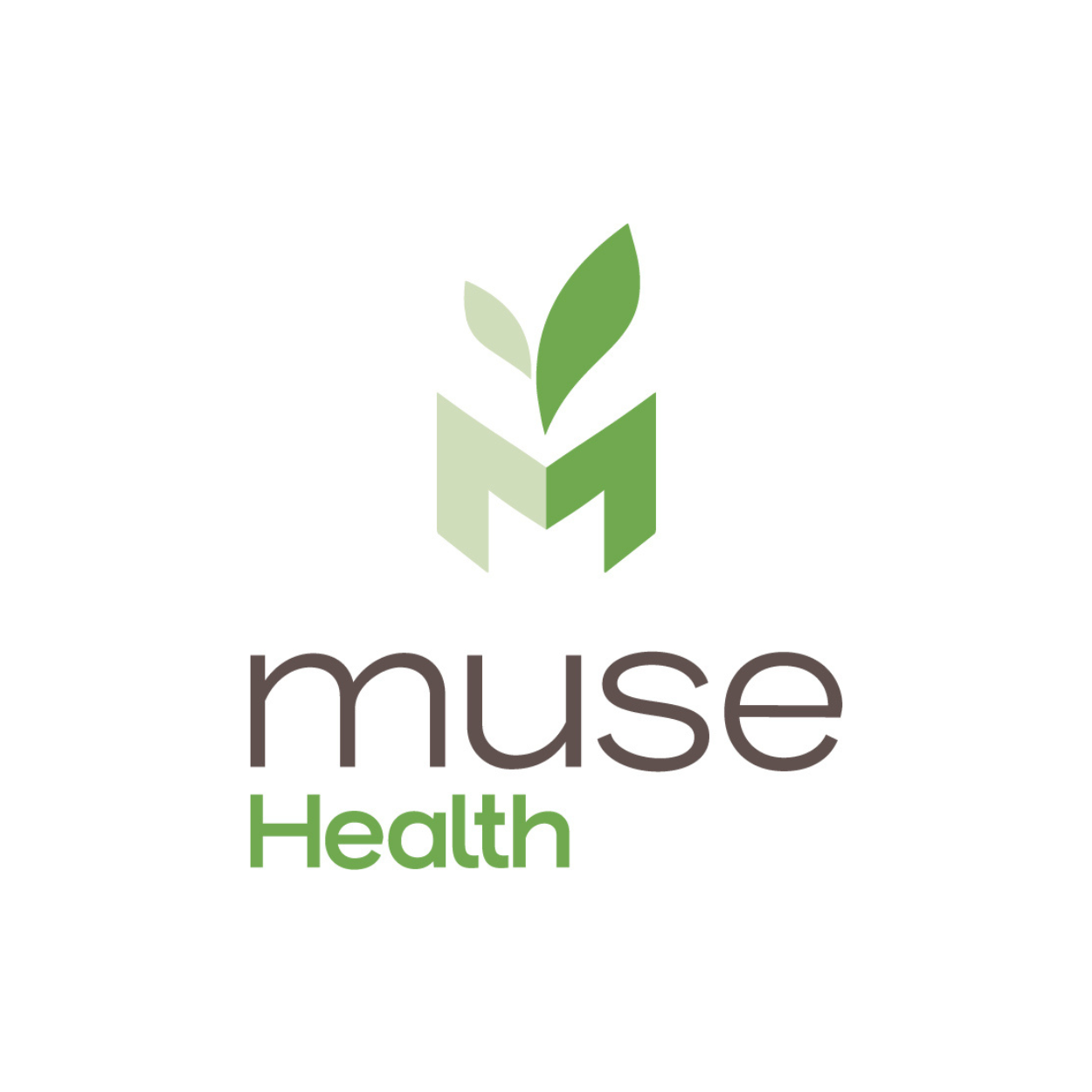

Today we’d like to introduce you to Ricardo Johnson II.
Hi Ricardo, can you start by introducing yourself? We’d love to learn more about how you got to where you are today?
Muse Health really began from two fairly significant events in my life; the passing of the paternal and maternal grandmothers from completely preventable diseases and two business partners not wanting to move in the same direction I wanted to a couple of years ago.
The loss of family made me ask myself what more could I do to prevent this from occurring to someone else in the future. The loss of one project sometimes opens the door to a much greater opportunity.
The Muse Health story, like so many others, is rooted in failure, persistence, consistency, excellence, and faith.
Alright, so let’s dig a little deeper into the story – has it been an easy path overall and if not, what were the challenges you’ve had to overcome?
We are often asked how, in a time when companies are eliminating DEI initiatives, we continue to flourish. The answer is rooted in two truths; there’s grace in doing the right thing and doing the right thing is usually good for business.
BIPOC-centered strategies reduce the use of costly emergency services and preventable hospitalizations. Studies show that BIPOC communities, particularly those with low health literacy, often rely on emergency services due to delayed or inadequate care. For example, Black and Hispanic individuals are more likely to visit the ER for preventable conditions like diabetes and hypertension, which could be managed in primary care settings. Medicaid data reveals that preventable ER visits cost the U.S. healthcare system over $8 billion annually. A large portion of these costs stems from BIPOC populations with low health literacy and limited access to culturally competent care.
By investing in customized healthcare education, preventive services, and culturally concordant care, healthcare systems can reduce ER utilization and hospital admissions, which would lower healthcare costs significantly. For instance, research shows that patients who receive culturally relevant education are 50% less likely to visit the ER.
Muse Health’s tailored BIPOC strategies improve chronic disease management, leading to better outcomes and lower long-term healthcare costs. BIPOC populations suffer disproportionately from chronic diseases like diabetes, hypertension, and cardiovascular disease. However, these conditions can be managed effectively with targeted interventions.
The CDC estimates that over 90% of the $3.8 trillion spent on healthcare in the U.S. is related to chronic diseases. Among Black and Hispanic populations, the incidence of diabetes and cardiovascular diseases is significantly higher. For example, African Americans are 60% more likely to have diabetes than white Americans, and poorly managed diabetes leads to costly complications such as amputations, dialysis, and hospitalizations.
Muse Health’s efforts increases health literacy among BIPOC populations and leads to better self-management and reduced healthcare spending.
Customized care models that address the specific needs of BIPOC populations—such as culturally aligned diabetes coaching and preventive care—can reduce complications and improve disease management. For instance, an inclusive diabetes program could reduce hospitalizations by 30%, potentially saving the system billions of dollars in avoidable expenses.
We have found that increased health literacy among BIPOC populations leads to better self-management and reduced healthcare spending. Low health literacy is a known driver of poor health outcomes and higher healthcare costs. BIPOC populations, especially those with limited English proficiency, have significantly lower health literacy, which contributes to mismanagement of medications, poor understanding of disease prevention, and missed appointments.Low health literacy is estimated to cost the U.S. healthcare system between $106 and $238 billion annually. The costs are disproportionately higher among minority populations due to language barriers, limited access to culturally appropriate materials, and systemic inequities.
Muse Health and our partners have found that offering culturally sensitive health education, translated materials, and community-based interventions, health systems can improve health literacy. Studies show that improving health literacy by just 10% can reduce healthcare costs by 12% overall.
Culturally tailored preventive care programs increase utilization, reducing long-term healthcare costs. BIPOC populations often underutilize preventive care services, such as cancer screenings, immunizations, and wellness checkups, due to distrust in the healthcare system, cultural stigma, and access barriers. However, preventive care reduces the likelihood of costly interventions for advanced diseases. For example, Black women are 40% more likely to die from breast cancer due to delayed diagnoses, and the costs of late-stage cancer treatment are significantly higher than early-stage intervention. Similarly, underutilization of colorectal cancer screenings among Hispanic populations leads to higher rates of late-stage diagnoses.
Muse Health’s more inclusive healthcare package offers culturally targeted outreach for preventive services can increase screening rates. Studies indicate that increasing screening rates for breast and colorectal cancer by 10% among BIPOC populations can reduce treatment costs by up to $1.5 billion annually due to earlier detection. These type of screening would have save member of my family and 100 of thousands others.
The work that Muse Health does with each of our stakeholders is focus first on impact and then on sustainability. We outline the business case, supported by data, to drive decisions made by our partners. Muse Health can address health disparities, reduce unnecessary expenses, and improve outcomes for entire health systems and government programs. These approaches not only make economic sense but also align with broader societal goals of equity, inclusion, and improved public health.
Thanks for sharing that. So, maybe next you can tell us a bit more about your business?
Muse Health helps stakeholder optimize outcomes at every step along their operational journey, from member/patient acquisition to retention and debt management. We work with clients to deliver culturally concordant solutions and analyze outcomes and needs that characterize their most valuable customers, determine the right objectives, and identify the best ways of engage them (e.g., direct marketing and channel strategy). In practice,
our work focuses on four primary activities: Driving member/patient lifetime outcomes through deep analytics, optimizing engagement programs, implementing front-line transformational change, and most importantly, improving the customer experience through cultural competent care .
We are proud that while many shrink away from the ideas surrounding diversity and inclusion we have been successful in communicating to our partners that the expansion of access in underrepresented communities isn’t simply the right thing to do. It’s blue ocean, devoid of competent competition, and its the right thing to do.
Alright so before we go can you talk to us a bit about how people can work with you, collaborate with you or support you?
As an organization we have experienced growth through a dogma of ethical and fiscal sustainability,. We have achieved excellence through collaborative innovation and success through unbiased inclusivity.
We have been very fortunate to count Blue Cross Blue Shield of Minnesota, Allstate Benefits, Centene, Health EZ, Welcome Tech, and a host of other companies as our trusted partners and customers.
Contact Info:
- Website: https://www.mymusehealth.com












